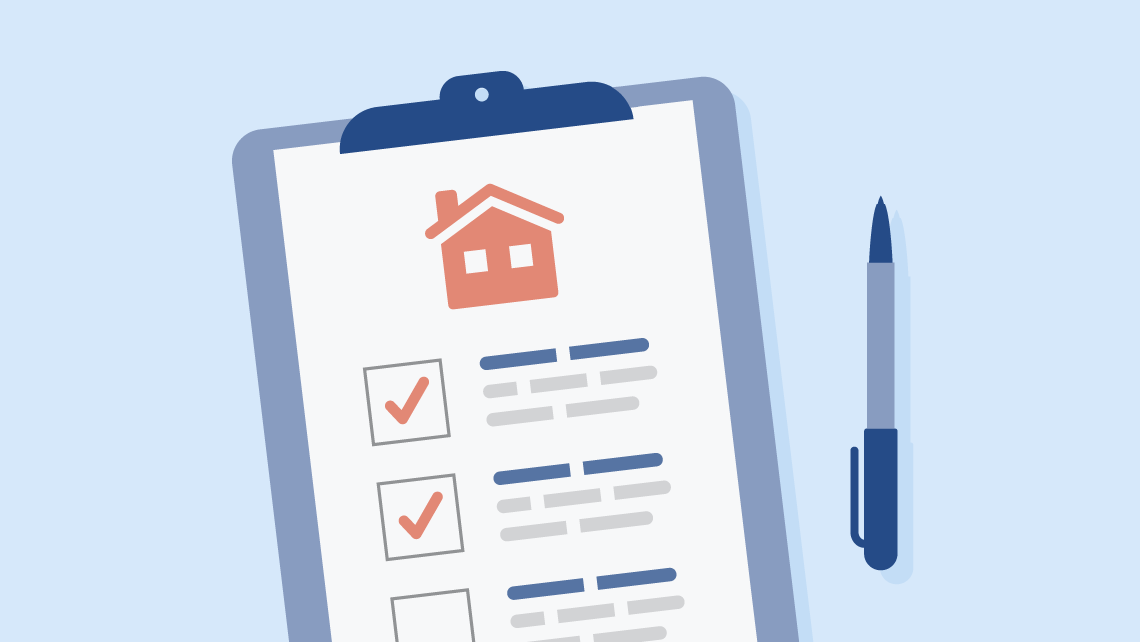Help if you’ve lost housing
- English
- Español
If you have lost your housing through foreclosure or eviction, you’re not alone. Help may be available in your area.
Your physical health and safety is your first concern. After you take care of your basic needs, you can use the steps below to work on your money situation and find stable housing.
1. You may be eligible for free help
You may be able to get help finding housing and other services. Because applications can take time, start your applications right away and then take other steps while the process is moving forward.
2. Find safe temporary housing
As you recover and rebuild, you might find yourself relying on temporary housing. The tips below can help you do this safely.
3. Stay on top of bills
To smooth a transition to a new home, it helps to get a grasp on the other parts of your money situation. Taking charge of your paperwork and bills can help you to recover and rebuild.
4. Keep an eye on your credit
Losing your home to foreclosure or eviction can hurt your credit. Even if you move out of housing before foreclosure or eviction happens, you might find your credit has been damaged. This can make it harder to find new housing.
More resources to help you
Talk to a lawyer
If you need a lawyer, there may be resources to assist you, and you may qualify for free legal services through legal aid. If you’re a servicemember, you should consult with your local Legal Assistance Office .
Find more federal help
Government agencies can help you find information about unemployment, leave, health benefits, and other topics.
This guide includes links and references to third-party resources or content that consumers may find helpful. The Bureau does not control or guarantee the accuracy of this third-party information. By listing these links and references, the Bureau in not endorsing and has not vetted these third-parties, the views they express, or the products or services they offer. Other entities and resources also may meet your needs.

